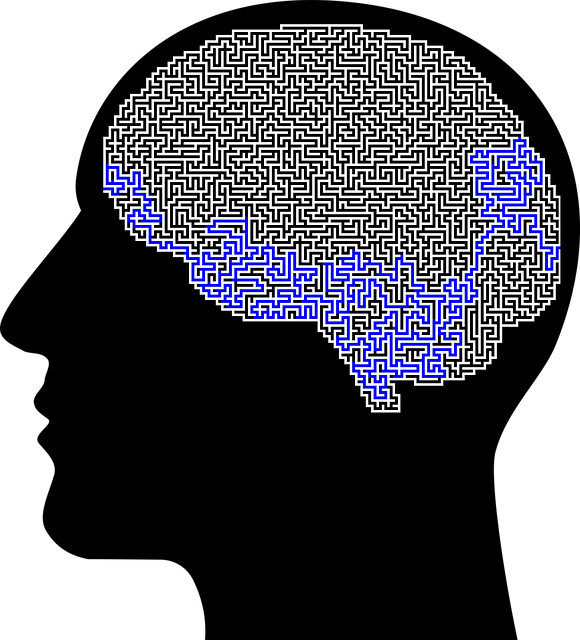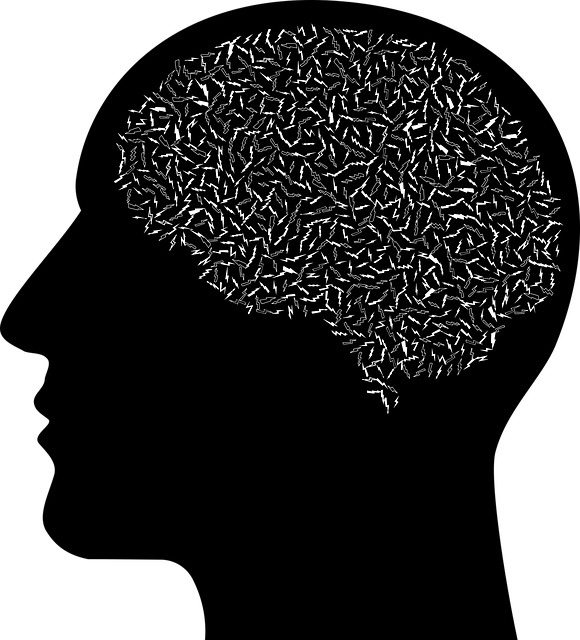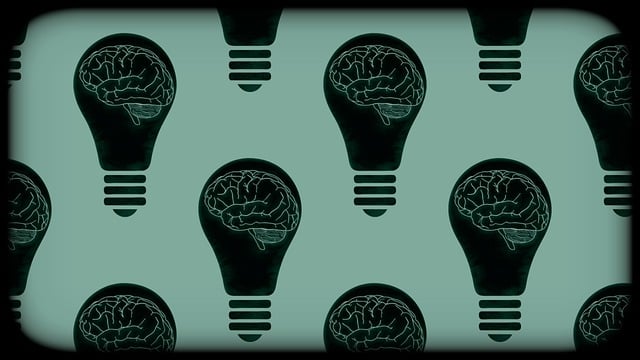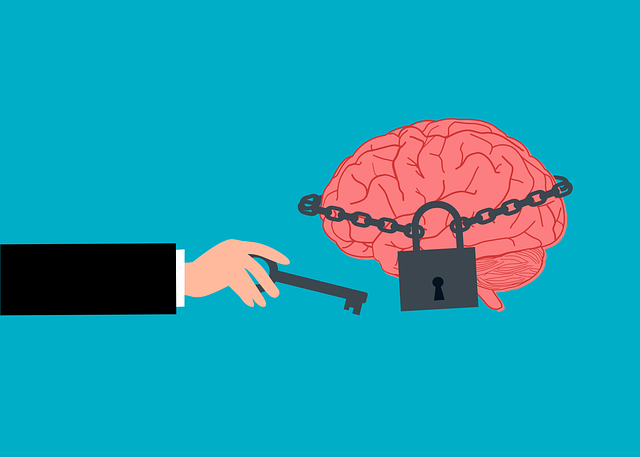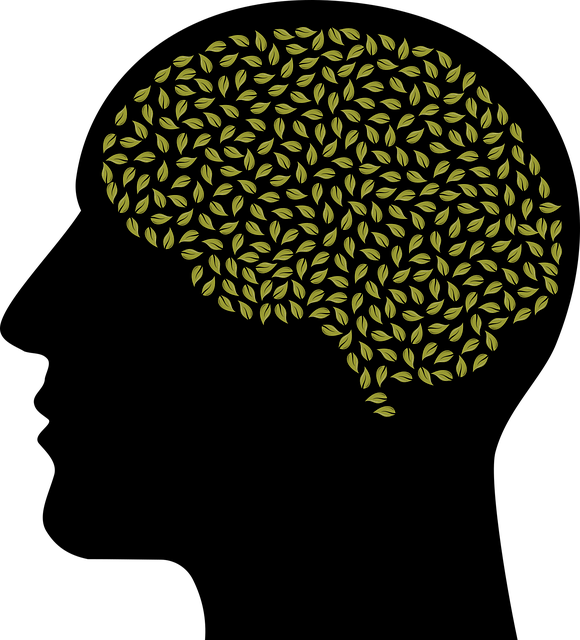Lone Tree Anger Management Therapy offers strategic community outreach programs that bridge healthcare gaps in underserved areas. They provide stress management, cultural competency training, and coping skills development, targeting specific demographics with tailored initiatives. Their approach includes demographic analysis, targeted communication, and self-esteem improvement techniques, fostering trust and participation. Effective outreach relies on interactive workshops, partnerships, and diverse promotion methods, ensuring mental health awareness and community connection. Success is evaluated through outcome assessments and data analysis, refining programs to meet evolving community needs and trends.
Community outreach programs play a pivotal role in connecting mental health services, like Lone Tree Anger Management Therapy, to those who need them most. This article explores the multi-faceted approach to implementing successful initiatives. From understanding the community’s needs and identifying target groups, to crafting engaging strategies, promoting activities, and measuring impact, we delve into essential steps for effective outreach. Discover how these programs can foster a healthier, more resilient community, ensuring access to vital services like Lone Tree Anger Management Therapy.
- Understanding Community Outreach: Its Role and Benefits
- Identifying Target Groups for Lone Tree Anger Management Therapy Programs
- Designing Effective Outreach Strategies and Campaigns
- Implementing and Promoting Community Engagement Activities
- Measuring Success and Continuous Improvement of Outreach Initiatives
Understanding Community Outreach: Its Role and Benefits

Community outreach programs play a pivotal role in connecting healthcare services with underserved populations, a crucial aspect often overlooked in traditional healthcare settings. At Lone Tree Anger Management Therapy, we recognize that understanding and addressing community needs is essential to fostering holistic well-being. By extending our services beyond typical clinic walls, we aim to create a positive impact on the lives of individuals who might otherwise face barriers to accessing therapy and counseling.
These outreach initiatives offer numerous benefits, including enhanced Stress Management techniques for community members, especially those facing unique challenges. It also facilitates Healthcare Provider Cultural Competency Training, ensuring that therapists are equipped to serve diverse populations effectively. Through these programs, we promote the development of Coping Skills Development as a means to empower individuals to navigate life’s difficulties with resilience and adaptability.
Identifying Target Groups for Lone Tree Anger Management Therapy Programs

Effective Lone Tree Anger Management Therapy programs require a strategic approach to identifying target groups within the community. The first step involves understanding the unique needs and challenges faced by different demographics. For instance, youth may benefit from anger management classes focused on conflict resolution and emotional regulation skills, while adults could require sessions tailored to work-related stress and relationship issues.
By employing a Mental Health Policy Analysis and Advocacy framework, organizers can research and engage with local stakeholders to identify at-risk populations. This includes considering factors such as socioeconomic status, cultural backgrounds, and access to existing mental health resources. Utilizing effective communication strategies, programs can be advertised and delivered in ways that resonate with each target group, fostering trust and encouraging participation. Additionally, incorporating self-esteem improvement techniques within the therapy sessions can empower individuals to manage anger constructively while enhancing their overall well-being.
Designing Effective Outreach Strategies and Campaigns

Effective community outreach programs begin with well-designed strategies and targeted campaigns that resonate with the specific needs and challenges of the local population. For organizations like Lone Tree Anger Management Therapy, focusing on issues such as anger management and mental health awareness is crucial. Tailoring these initiatives to address local concerns can foster a sense of engagement and trust within the community.
The success of outreach efforts lies in combining various techniques, including social media campaigns, community events, and partnerships with local influencers or mental health advocates. Promoting resilience-building workshops and Mental Illness Stigma Reduction Efforts through interactive and inclusive activities can significantly contribute to improving Mental Health Awareness. By utilizing diverse communication channels and engaging community leaders, organizations can maximize reach and impact, ultimately fostering a healthier and more connected community.
Implementing and Promoting Community Engagement Activities

Implementing community outreach programs, such as Lone Tree Anger Management Therapy, requires a strategic approach to foster engagement and create meaningful connections. The first step is to identify the specific needs and interests of the target community. This can involve surveys, focus groups, or collaborative discussions with local leaders and residents. Once understood, tailor activities that align with these needs—be it mental illness stigma reduction efforts, social skills training, or educational workshops—to encourage active participation.
Promoting these initiatives is equally vital for successful Community Outreach Program Implementation. Utilize various communication channels like local newspapers, community boards, social media, and partnerships with schools, churches, or community centers to spread awareness. Highlight the benefits of the programs, share success stories, and address any concerns to attract and retain involvement. Regular feedback from participants will also help refine and adapt these initiatives for maximum impact.
Measuring Success and Continuous Improvement of Outreach Initiatives

Evaluating the impact and effectiveness of community outreach programs like Lone Tree Anger Management Therapy is a key aspect of ensuring their long-term success. Measuring success goes beyond mere participation; it involves assessing tangible outcomes related to emotional regulation, mental wellness, and overall community well-being. This can be achieved through various methods such as pre-post assessments, feedback surveys, and case studies. By gathering data on participant attitudes, behaviors, and skill development in anger management, organizers gain valuable insights into the program’s efficacy.
Continuous improvement is fostered when organizations analyze the collected data to identify strengths and areas needing enhancement. This analytical process enables them to refine existing outreach initiatives, develop new strategies, and tailor services to better address the mental health needs of the community. Incorporating feedback from participants and stakeholders ensures that programs remain relevant, accessible, and aligned with emerging trends in mental wellness, including the production of a Mental Wellness Podcast Series or advocacy efforts for policy changes through Mental Health Policy Analysis and Advocacy.
Community outreach programs, such as those offering Lone Tree Anger Management Therapy, can significantly impact individuals and communities. By identifying specific target groups, designing engaging strategies, and measuring success, these initiatives foster positive change. Effective outreach ensures that essential services reach those who need them most, creating a safer, more resilient community. Continuous improvement based on measured outcomes is key to maximizing the impact of Lone Tree Anger Management Therapy programs and similar community engagement activities.
